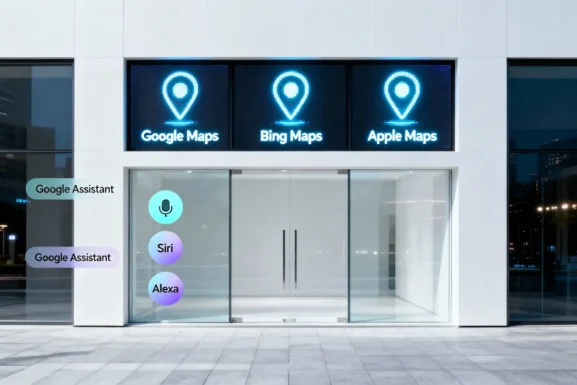New-Age IoT Solutions for the Growth of Logistics Businesses
The logistics industry has evolved in the past decade. It is no longer about moving packages from point A to point B. Now, the logistics industry has to ensure on-time delivery, shipment process transparency, and quality services. This has pivoted every logistics business’s focus on efficient inventory management and warehousing, automation of the process, and fast delivery.
The best way to solve the problems mentioned above is by implementing IoT, a blessing for the logistics industry. It enables the logistics business to gain elevated results. Here are some top IoT solutions that are helping businesses manage end-to-end supply chain management.
Inventory Tracking and Analytics
Logistics businesses used to rely on traditional bar codes for basic inventory tracking in the past. But the needs are much broader in today’s time. Hence, IoT powered methods, such as smart labels or RFID tags, are proving to be much better alternatives. They provide more comprehensive automation and analytics capabilities for businesses. They help store the information about the package and update it in real-time. This ensures full visibility for companies and customers into the package’s movements. This is also a terrific way for logistics businesses to improve their operational accuracy. It helps reduce any chances of errors that are caused by manual operations.
Real-Time Fleet Management
One of the most popular IoT solutions for logistics businesses is fleet management. Here, the IoT systems, such as the ones offered by Dahua, uses satellite trackers (GPS) to collect fleet data and telematics. The companies can then use this data to improve driver’s compliance with the SOP. This leads to an increase in delivery schedules’ accuracy. Here, IoT also helps track fuel consumption and drive behavior to reduce rudimentary costs caused due to driver errors and delays. Another area where IoT is helping with fleet management is personalization. It lets businesses create unique profiles for each driver, which can then be used to give them customized training to help them improve.
Optimized Warehouse Management
If a business’s warehouse is remotely located or in another part of the city or continent altogether, IoT can benefit them by managing the warehouse. For example, businesses can use IoT to set up rules for maintaining temperatures at the facility. They can also track the perimeter, detect fire, and much more with IoT solutions. The IoT system can also be optimized to track the fleet’s interaction with the facility. This helps ensure efficient operations and optimize workloads. It lets businesses observe and coordinate the facility and fleet affairs and coordinate with physical assets and stored packages.
End-to-End Delivery Tracking
A significant challenge that the logistics industry faces right now is integrating various stages of the supply chain into a single platform. This single platform needs to provide enough data to the customer and should also be friendly to use. Here, IoT helps, too. It collects a large amount of data via various sources and tasks and compiles them in dashboards for the customers to see. This lets the customer and managers see their packages’ delivery status. They can also see the package’s last location, the expected time of delivery, and the delivery personnel’s data.
Predictive Maintenance
If businesses struggle to optimize the various vehicles and equipment’s maintenance cycles, IoT can help them deal with the struggle. IoT has brought on the solution in the form of predictive maintenance. Here, the machines, equipment, and vehicles are fitted with IoT-linked sensors. The sensors track the machines’ health, including heating, vibration, and noise. If the system suspects any early signs of malfunction, it raises a warning. Businesses can then take care of the impending malfunction before it creates a problem. IoT can save businesses millions of dollars in profit each year lost in malfunctions. Thus, businesses need to move to predictive maintenance from a reactive one to save unwanted monetary losses and work time.
The logistics industry has now begun to realize the potential of IoT. So far, the IoT systems are only optimized to solve the industry’s significant pain-points and help it get in sync with modern times. But, the future of IoT looks bright. IoT has the potential to link with blockchain and offer tremendous security and tracking benefits. They help mine massive amounts of dataand train self-driving vehicles for package delivery. Businesses can even put in place similar tech for drones to deliver packages.
The possibilities are endless with IoT systems. They offer not only blanket benefits for the industry but also customized, unique benefits for each logistics business. The future is IoT, and businesses in logistics should adopt it at the earliest.



